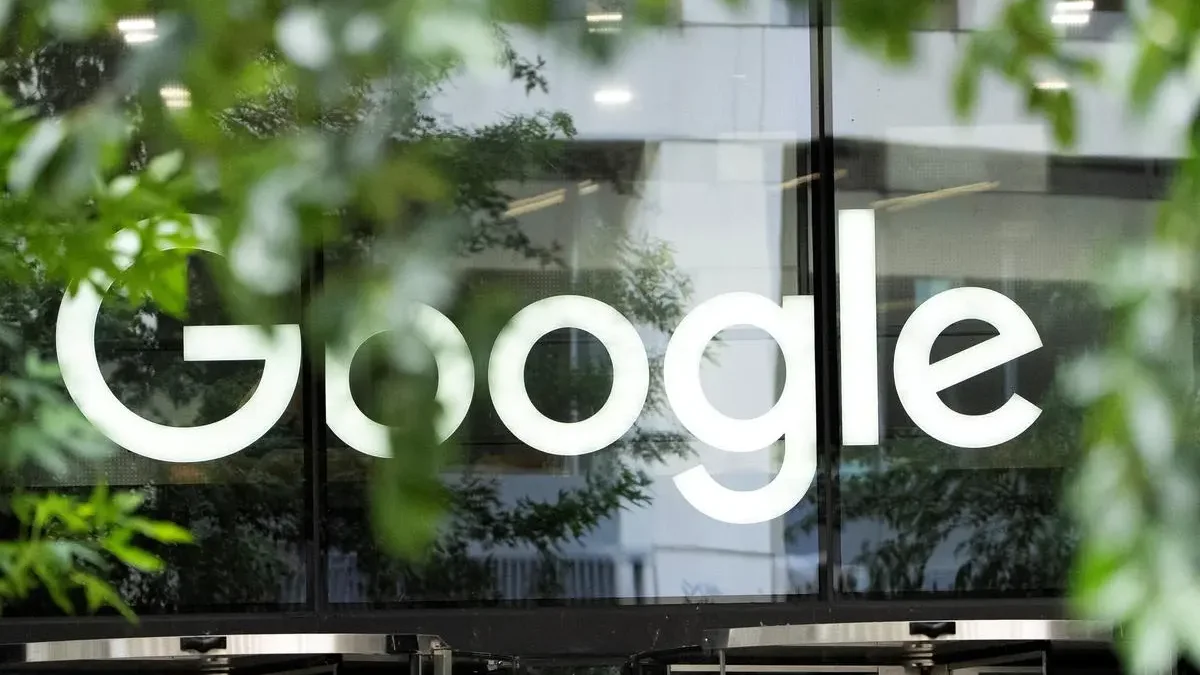Necessary Always Active
Necessary cookies are required to enable the basic features of this site, such as providing secure log-in or adjusting your consent preferences. These cookies do not store any personally identifiable data.
|
||||||
|
||||||
|
||||||
|

Google is seeking news groups for a new AI licensing project, sources close to the US search giant say. According to Yahoo Finance, this latest move points to the tech company’s plan to strengthen ties with the publishing industry.
Google’s new licensing project will see that the search giant pays for the content that it uses in AI projects. This will be a big win for many media companies that for years, have been struggling after losing advertisers and readers to digital outlets content. For many of these companies, artificial intelligence presents a new, existential threat to their existence. Google plans to pilot the project with about 20 national news publishers.
“We’ve said that we’re exploring and experimenting with new types of partnerships and product experiences, but we aren’t sharing details about specific plans or conversations at this time,” A Spokesperson from Google said in a statement.
Google has remained on the sidelines as its AI rivals sign deals with news outlets. The tech giant only signed partnership agreements with Reddit in 2024 and the Associated Press early this year. Artificial intelligence startups such as OpenAI and Perplexity have already started compensating publishers to include their content in their chatbots. This move helped to boost revenue for publishers.
Tech startups and publishers have been in conflict over the use of news content in building AI models. News groups have been concerned that this is gradually eroding the relationship they’ve had with their readers.
Two years ago, the New York Times filed a lawsuit against OpenAI for copyright infringement. In the lawsuit, the news outlet claimed that the startup used its copyrighted content to train their AI models. Google has tailored its licensing project to specific products. The search giant cites content from different media outlets on its summarized AI-generated responses, AI Overviews that appear at the top of search results.
Publishers believe AI Overviews reduces the traffic they receive on their websites. However, they’ve opted not to protect their content from Google’s AI tools because they fear that doing so would affect their ranking on search results.
Google has also had a fragile relationship with news outlets for a long time. Most publishers depend on its search engine to drive traffic to their news. However, industry leaders have blamed the tech giant for using their content to power some of its products like Google News, which highlights headlines and short article snippets.
As the media industry becomes vocal about fair compensation for their content, tech companies are increasingly realizing that they have to heed to this call.
“Google and the other platforms realize that if not by virtue of public policy then by virtue of technology — the platforms’ access to unlimited web data is about to end. And so they need to have licensing relationships in place, or there won’t be any blood to put in the veins of the AI monster.” Distributed Media Lab CEO David Gehring said.
Earlier this month, web security and infrastructure company Cloudflare unveiled its pay per crawl program that allows digital content creators to charge AI firms to access their content.
“Google still thinks they’re special and that they don’t have to play by the same rules that the rest of the industry does. Eventually, Google will get in line with what the large AI companies have been saying for a long time, which is that ultimately content providers need to be paid for their content,” Cloudflare CEO Matthew Prince said.
Previously, Google has introduced publisher compensation programs like Google News Showcase. The company has also demonstrated openness in its deals with wire services like the AP which licenses content.